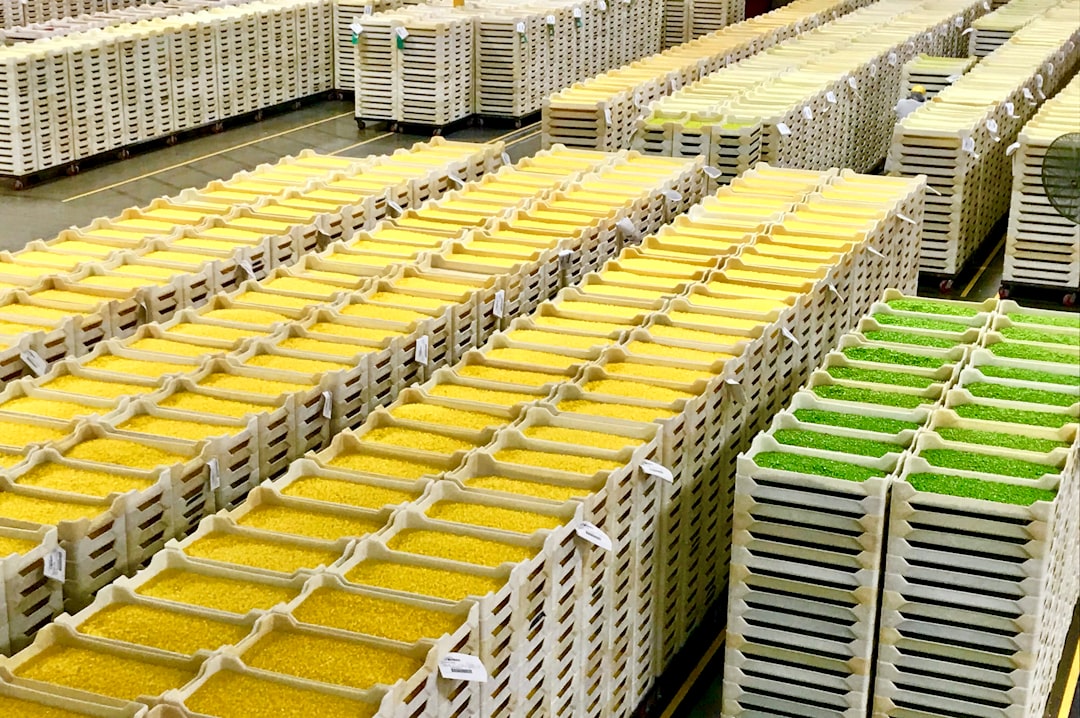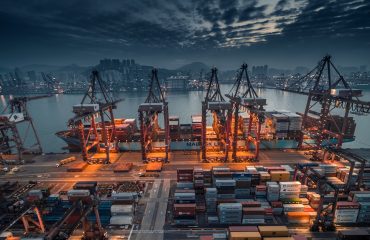In today’s interconnected world, product traceability in manufacturing is no longer a luxury but a necessity. It’s the ability to track a product’s journey from its origin – the raw materials – through every stage of production, distribution, and ultimately, to the end consumer. This detailed tracking provides crucial insights, improves efficiency, and enhances brand reputation. This post explores the intricacies of product traceability, its benefits, challenges, and the future of this critical manufacturing process.
Understanding the Core Principles of Product Traceability
Product traceability hinges on the accurate and reliable recording of information at each stage of the product lifecycle. This information can include details about raw materials (source, batch number, date of acquisition), manufacturing processes (equipment used, operators involved, timestamps), packaging details, distribution channels, and even environmental conditions during storage and transportation. The key is to establish a clear and unbroken chain of custody, allowing for the complete reconstruction of a product’s history. This demands a robust system capable of capturing, storing, and retrieving data efficiently and securely.
The Benefits of Implementing a Traceability System
The advantages of implementing a comprehensive product traceability system are numerous and far-reaching. Firstly, it significantly enhances quality control. By tracking every step, manufacturers can quickly identify the source of defects, enabling prompt corrective actions and preventing widespread product recalls. Secondly, it strengthens supply chain transparency, allowing businesses to monitor their suppliers and ensure ethical sourcing practices. This is crucial for building consumer trust and complying with increasingly stringent regulations. Thirdly, traceability streamlines recall management. In the event of a recall, pinpointing affected products becomes significantly easier and faster, minimizing financial losses and reputational damage. Finally, it facilitates process optimization. Analyzing traceability data can reveal bottlenecks and inefficiencies, leading to improvements in production processes and overall operational efficiency.
Technological Advancements Driving Traceability
Several technologies are revolutionizing product traceability in manufacturing. Barcode and RFID technologies provide automated data capture at different stages of the production line. Blockchain technology offers an immutable and transparent record of product information, enhancing security and trust. IoT (Internet of Things) sensors can monitor environmental conditions throughout the supply chain, ensuring product quality is maintained. Cloud-based software solutions facilitate data management, analysis, and sharing across different stakeholders. The integration of these technologies creates a powerful and efficient traceability system that goes beyond simple tracking, allowing for real-time monitoring and predictive analytics.
Challenges in Implementing a Traceability System
Despite the numerous benefits, implementing a robust traceability system presents several challenges. High initial investment costs in hardware, software, and training can be a significant barrier for smaller manufacturers. Data integration and standardization can be complex, requiring careful planning and coordination across different departments and systems. Data security and privacy are critical concerns, requiring robust security measures to protect sensitive information. Maintaining data accuracy and consistency throughout the supply chain requires careful attention to detail and rigorous quality control measures. Finally, regulatory compliance varies across industries and regions, making it crucial to understand and adhere to relevant standards and regulations.
The Future of Product Traceability in Manufacturing
The future of product traceability is likely to be characterized by increased automation, greater data integration, and the widespread adoption of advanced technologies. Artificial intelligence (AI) and machine learning (ML) will play increasingly important roles in analyzing traceability data, identifying trends, and predicting potential issues. The convergence of IoT, blockchain, and AI will create even more powerful and efficient traceability systems, providing real-time insights and enabling proactive decision-making. Furthermore, the focus will likely shift towards creating more sustainable and ethical supply chains, with traceability playing a crucial role in ensuring transparency and accountability.
Implementing a robust product traceability system is a strategic investment that offers significant returns in terms of enhanced quality control, improved efficiency, and strengthened brand reputation. Overcoming the challenges and embracing the technological advancements will be key to unlocking the full potential of traceability in the manufacturing industry.




